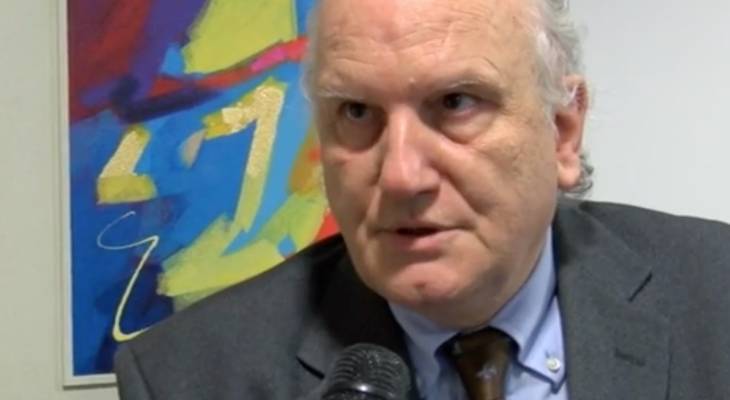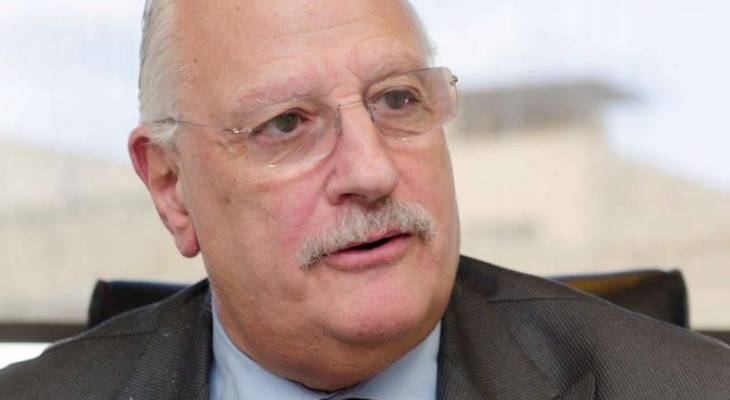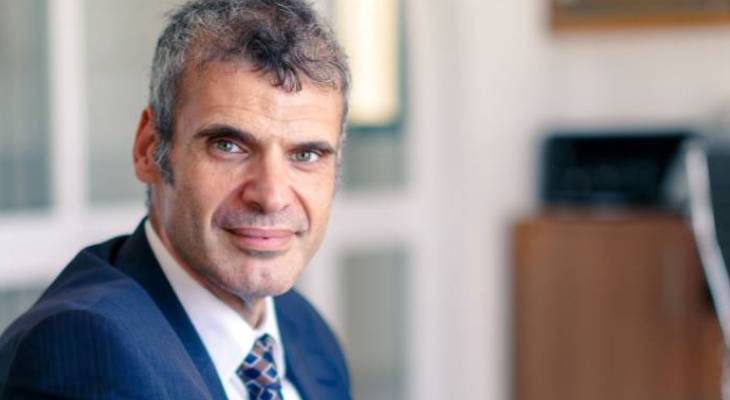Economic growth is expected to drop by 5.4 per cent this year and then grow by 3.9 per cent in 2021, Finance Minister Edward Scicluna told social partners on Wednesday.
The official forecast decline in GDP this year is close to the five per cent prediction made by former Central Bank Deputy Governor Alfred Mifsud in comments to The Malta Business Observer.
However, the figure he mentions in terms of the expected growth next year is higher than the Minister’s. Mr Mifsud put the figure at 6 per cent.

Central Bank Deputy Governor Alfred Mifsud
“My best estimates would be for a GDP drop of around five per cent this year and six per cent growth next year (on a lower base of the 2020 drop, so, basically, we go back to 2019 figures), whereas a prolonged crisis could see a 10 per cent drop this year and a very mild recovery next year,” he said.
What we know so far, he pointed out, is that the economy received a big shock in March and April, when it was practically frozen to protect against the health risks of the pandemic.
“The extent of the damage depends on the duration of the economic freeze and the length of the recovery period once the unfreezing process begins.
“There are no easy answers to these questions and, therefore, most economic modellers are making various scenarios, ranging from a quick return to normality, to a prolonged process stretching well into 2021, hoping no second wave pandemic returns after the unfreezing process, which, by necessity, has to be very gradual. I have seen no models including a second wave and, presumably, the figures in such an event would be scary,” the economist asserted.
Since the Maltese economy is very much dependent on international tourism and personal consumption of services – both very highly impacted sectors – Mr Mifsud admitted he would tend to be rather pessimistic about a quick recovery.
Moreover, tourism recovery, he was quick to remark, does not quite depend on us but also on the situation in source markets. In the case of personal consumption, like catering, personal care, pet services and so on, the uncertainty surrounding the economic recovery will force consumers to be very prudent with how they spend their money, holding them back, even if there will be full clearance by the health authorities, he explained.

Former Central Bank Governor Francis J Vassallo / Photo by Alan Carville
In the meantime, Francis J. Vassallo, a former Governor of the Central Bank, thinks it will be a long and painful recovery. “I prefer to be cautious and safe rather than optimistic but live a lie,” he said.
The recovery, he warned, did not just depend on Malta but on other countries and, therefore, one should be careful when speaking about an early exit. He certainly does not agree with those speaking of getting back to normal by December 2019.
It is imperative that one takes a macro and not a micro perspective, Mr Vassallo insisted. There are various factors to be borne in mind, including people’s purchasing power, rising unemployment and how the authorities deal with the situation. For example, rushing to print money, he warned, could lead to inflation.
One needs to be cautious and disciplined, Mr Vassallo asserted, recalling what had happened after the Great Depression.

Looking ahead economist Gordon Cordina said that, at this stage, he would like to focus on the fact that the development of the COVID-19 outbreak at the global level is indicating that, even as economic and social activity is gradually reactivated, firms and workers will have to operate under changed ‘business-as-usual’ conditions.
Such an approach, he continued, would allow for increased medical safety and would allow firms to adapt to different ways of working, as well as marketing and selling, while reaping cost and environmental efficiencies in the process.
“Business success will, in the future, depend on the ability to rapidly adapt to these conditions, rather than to stay in a hibernation mode under a probably false expectation of life someday returning to what it used to be,” Dr Cordina pointed out.
This is an extract of an article appearing in the April edition of The Malta Business Observer
Main Image:
